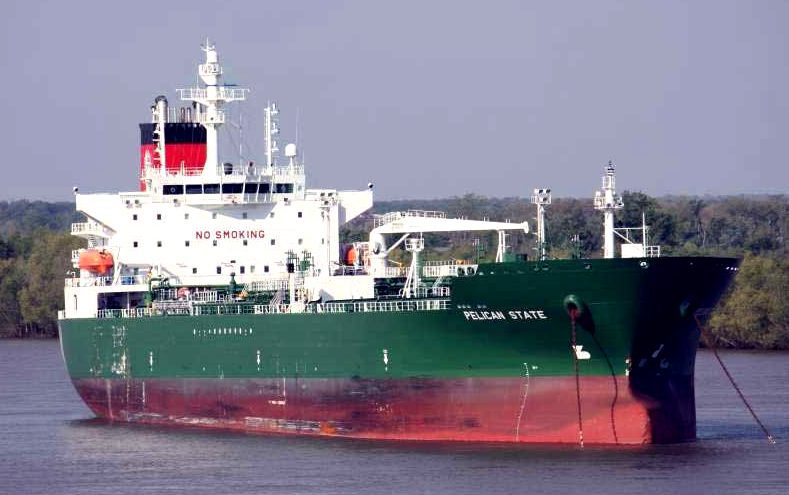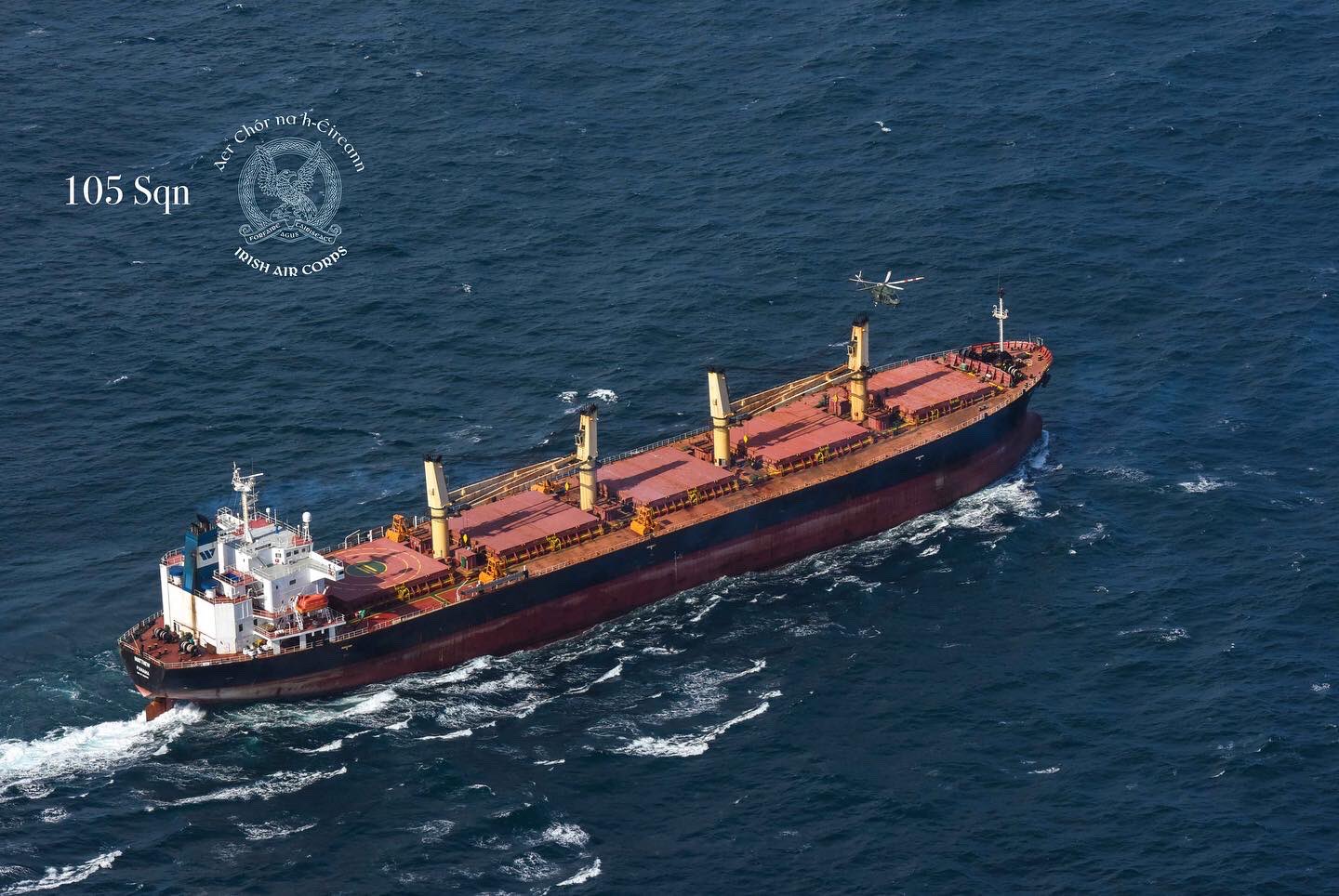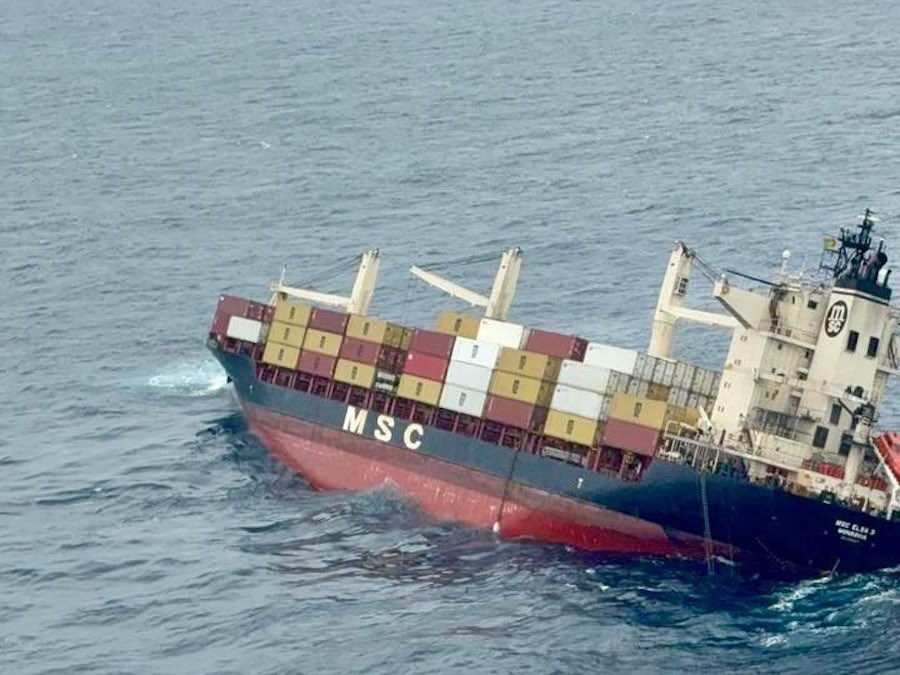Pelican State, an APT-owned product tanker built by NASSCO. Image: APT
By Congressman Duncan Hunter,
For centuries, the world’s oceans have been an influential force. They have forged industrial strength, enhanced security, established connectivity and contributed to science and research. As long as there are oceans, national and global interests will be inextricably linked to the seas.
Seventy percent of the earth’s surface is covered by oceans and even more surface area is blanketed by water. The world is smaller today, mainly through advances in communication and technology, but the oceans are just as important now as they were centuries ago when exploration and discovery were possible only by setting sail.
While the purpose and necessity of sea travel has evolved, the old saying of “he who rules the seas rules the world” is still relevant. Throughout history, the strength and power of navies and maritime fleets have helped nation’s prosper. America is a prime example. Ironclads, steamboats and the construction of Liberty ships during World War II helped build a nation as strong as the hulls of the vessels welded in docks and shipyards brandishing the marks of American ingenuity.
Through it all, oceans have remained the primary facilitator of commerce, supplying nations and continents with raw materials, food, medicine and household goods that arrive in ports and fill storeroom shelves. Currently, approximately 75 percent of global commerce moves by water while the overall volume of international trade by vessel is climbing.
Even so, the U.S. flag fleet is carrying just two percent of global cargo tonnage, down considerably from decades ago. The ramifications are not simply economic. There is also a direct impact on national security, resulting from the limitation of commercial trade vessels for military sealift under the Maritime Security Program (MSP).
Especially with an undersized naval fleet, the use of commercial vessels is needed to support operations by transporting military resources. With emerging threats requiring straining naval assets worldwide, along with a shift in defense posture to the Pacific region, the support provided through the MSP, which is supported by 60 U.S. flag vessels, is even more essential.
No less important is the U.S. domestic flag fleet, which carries over a bill tons of cargo and sustains $100 billion in economic output annually. The fleet is U.S. owned, U.S. built and U.S. crewed, carrying grains, coal, iron ore, limestone and petroleum through inland waterways, across the Great Lakes and along the coasts. Most of the 40,000-plus vessel fleet is owned and operated by family businesses that have been in the maritime industry for generations.
For these family businesses and the MSP, there are obstacles and complications imposed through the persistent failure to recognize the importance of a strong flag fleet to the U.S. industrial base and national security. For the entire maritime industry, from San Diego to Norfolk, a last line of defense is the Jones Act, requiring flag vessels to carry cargo between U.S. ports.
Fred Harris, CEO of NASSCO, rightly cautions that without a renewed commitment to the Jones Act fleet, the U.S. could lose its shipbuilding capability, similar to the way the United Kingdom lost their production capacity. Nearly 20 percent of the world’s commercial tonnage was built in the UK, but nearly a decade has passed since they constructed a commercial vessel, leading the Ministry of Defense to recently award a contract for military tankers to a South Korean shipyard.
NASSCO and others are doing all they can to ensure we strengthen the domestic maritime fleet rather than contribute to its decline. NASSCO, for instance, is partnering with TOTE, Inc, to produce the first Liquid Natural Gas (LNG) containerships in the world. Not only does this collaboration preserve capability critical to America’s future, but it’s creating jobs in the process.
Looking ahead, strengthening America’s maritime interests translates into benefits for the entire country. There are many great aspects of our maritime past. It is important now that a course is charted and pioneered for the future, with the intent of building on America’s long history of maritime innovation and success.
—California Congressman Duncan Hunter is chairman of the House Subcommittee on Coast Guard and Maritime Transportation. Article written exclusively for gCaptain.

 Join The Club
Join The Club











